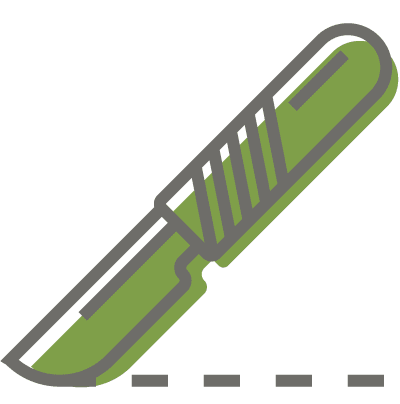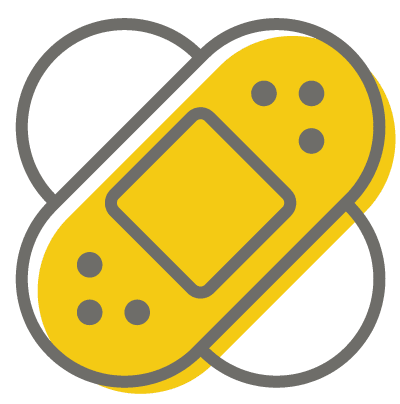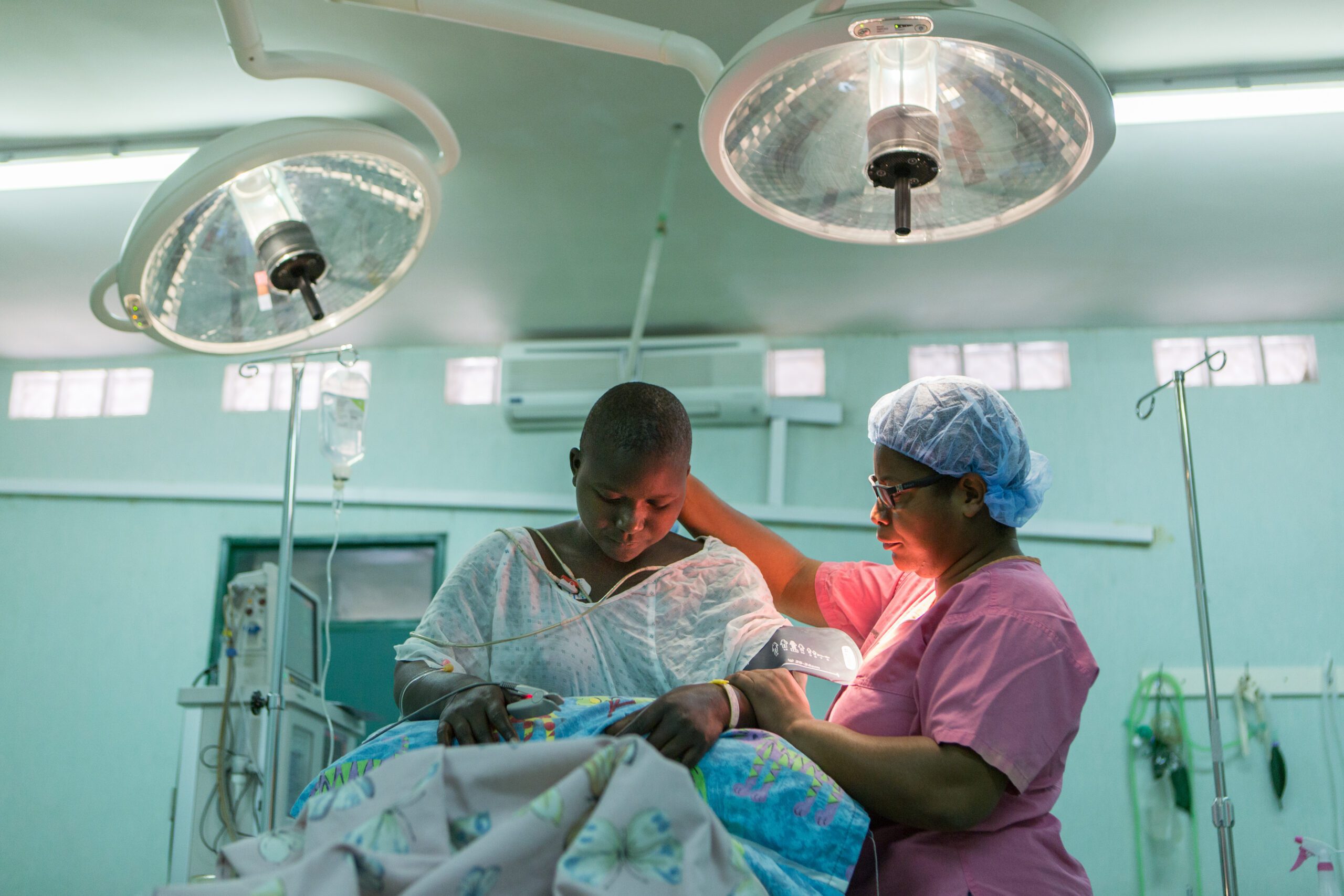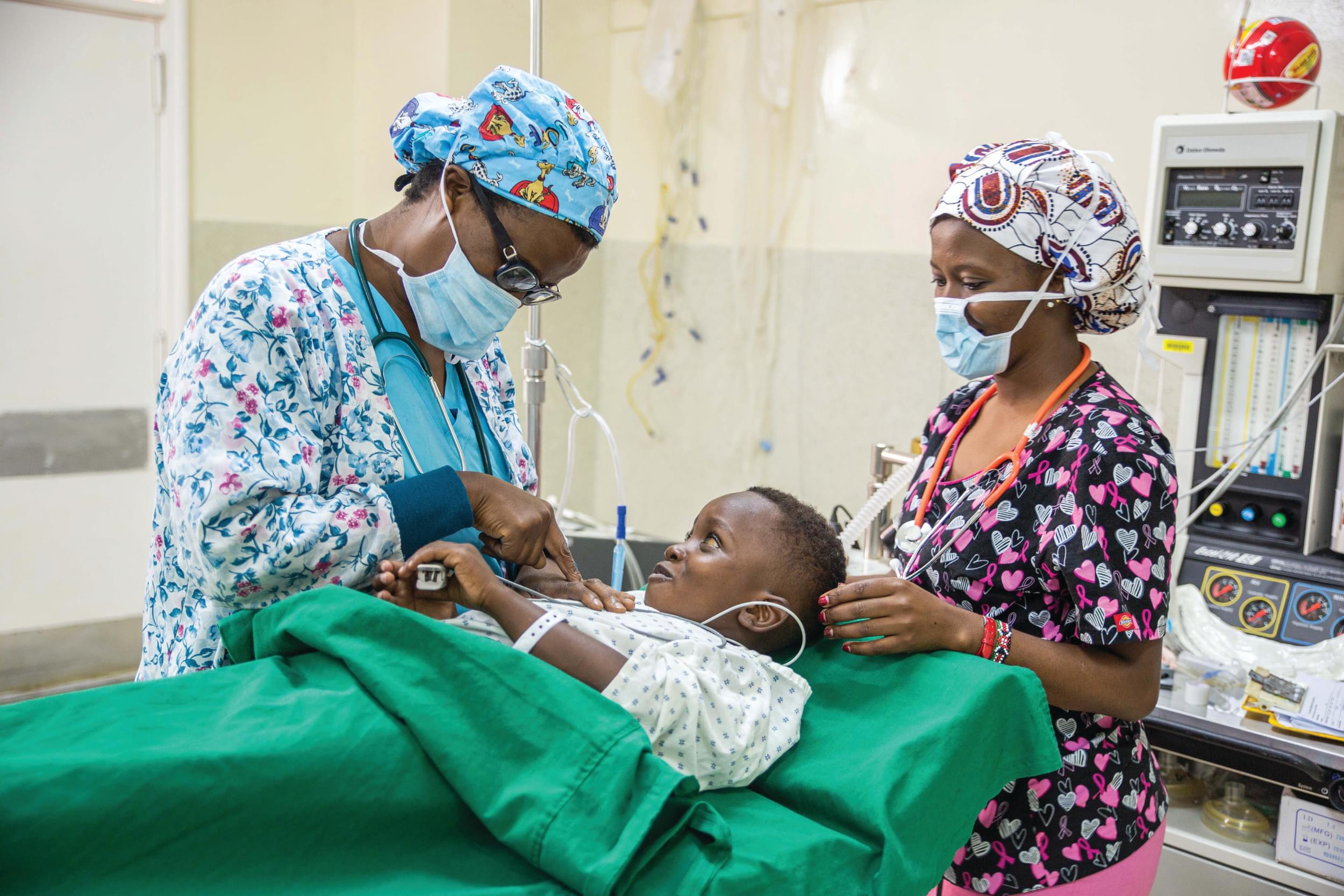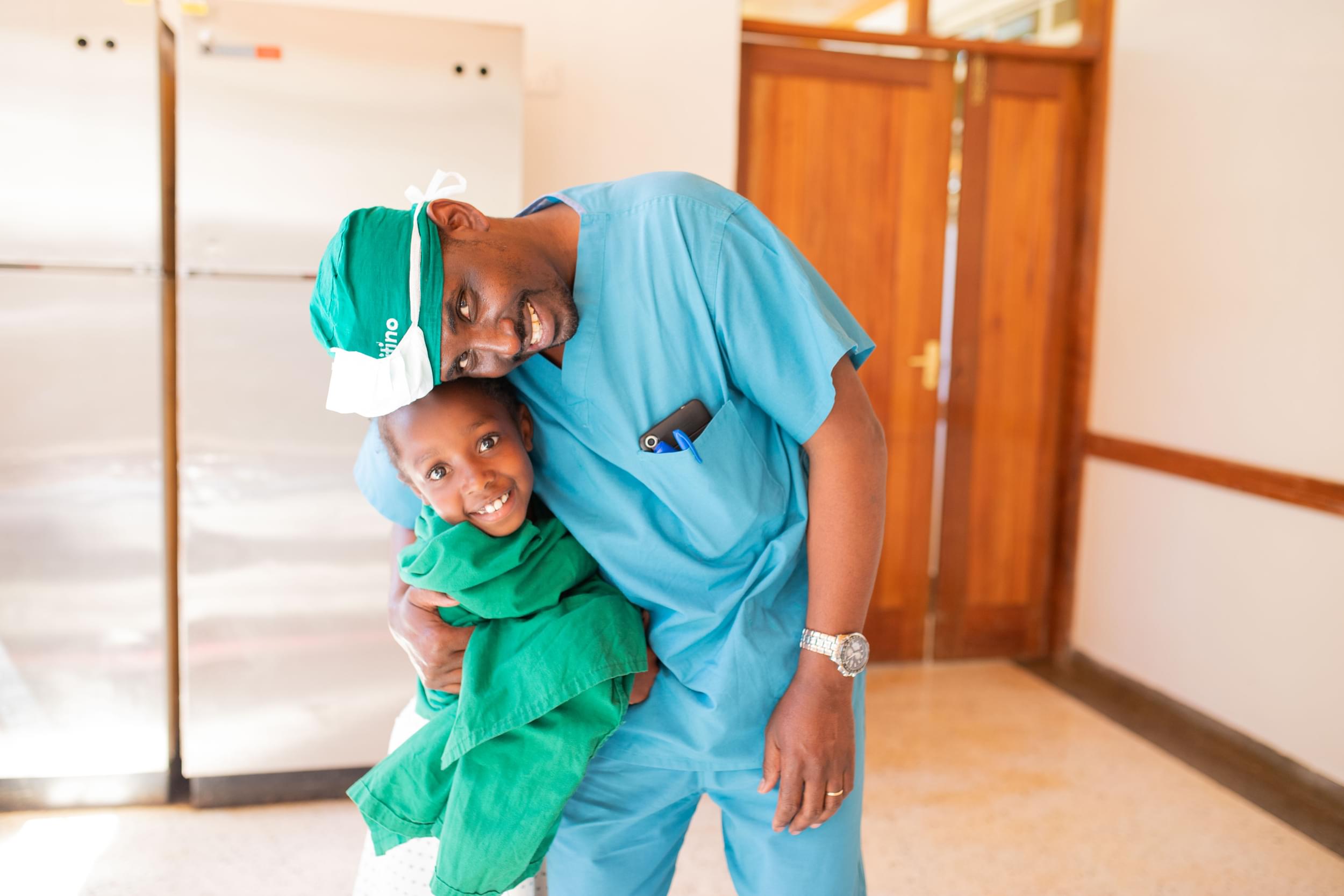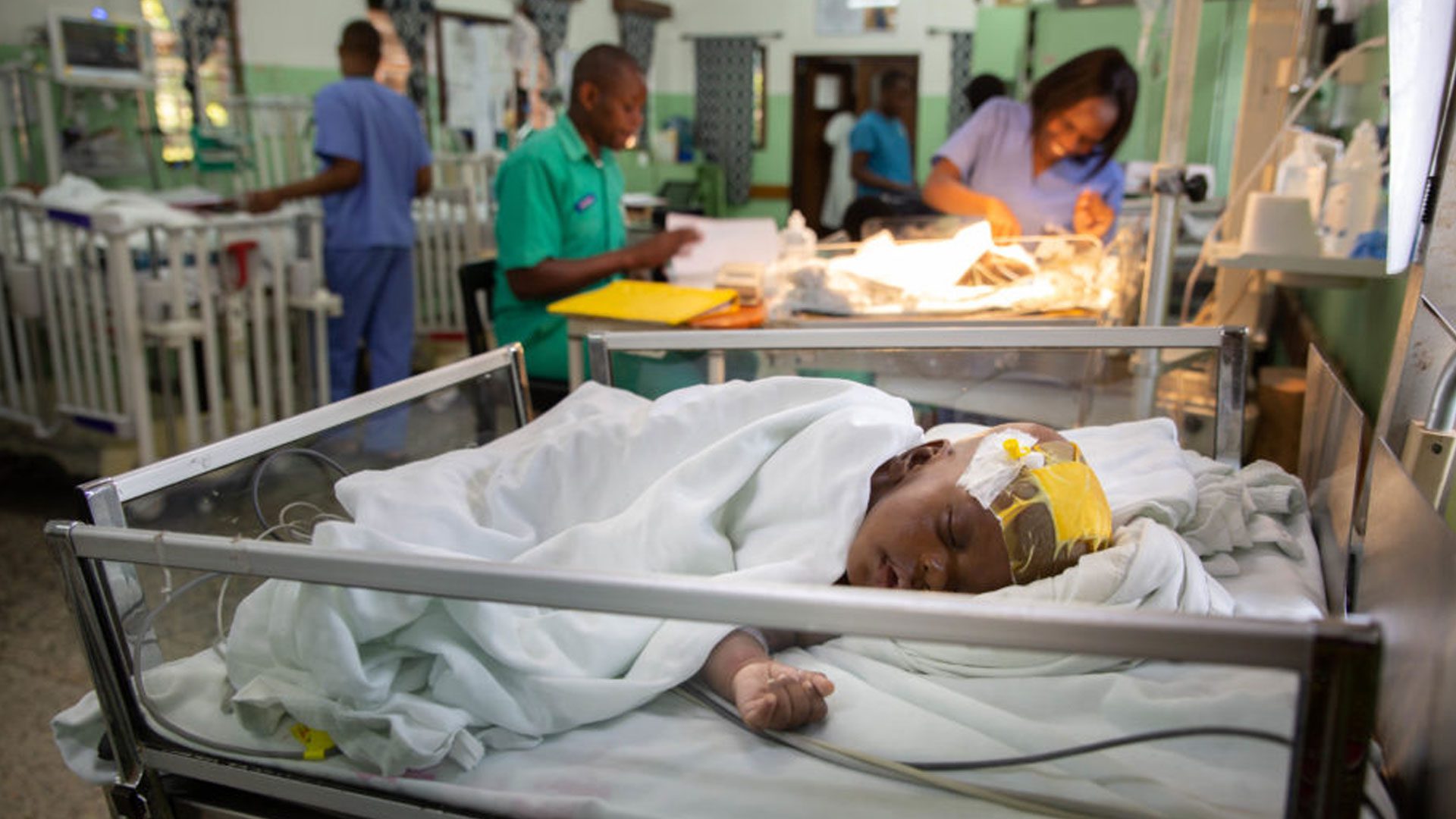Pediatric hydrocephalus in East Africa: prevalence, causes, treatments, and strategies for the future
Abstract: The burden of infant hydrocephalus in East Africa is significant, with more than 6000 new cases estimated per year. The majority is caused by neonatal infection, and should thus be preventable. With about 1 neurosurgeon per 10,000,000 people in East Africa, initial treatment for hydrocephalus is often unavailable. This also renders shunt dependence more dangerous in East Africa than in the developed world. Endoscopic third ventriculostomy combined with choroid plexus cauterization (ETV/CPC) has proven effective in avoiding shunt dependence in the majority of infants. Unlike shunts, most failures of endoscopic treatment are evident in the early months after surgery, with later failures being rare. Easily accessible clinical parameters can be used to predict the likelihood of success in a given patient.
There appears to be no developmental advantage to shunt dependence compared to treatment by ETV/CPC. Cooperative efforts such as the East African Neurosurgical Research Collaboration are needed to broaden the scope of research and training needed to significantly reduce the morbidity and mortality of this disease.


